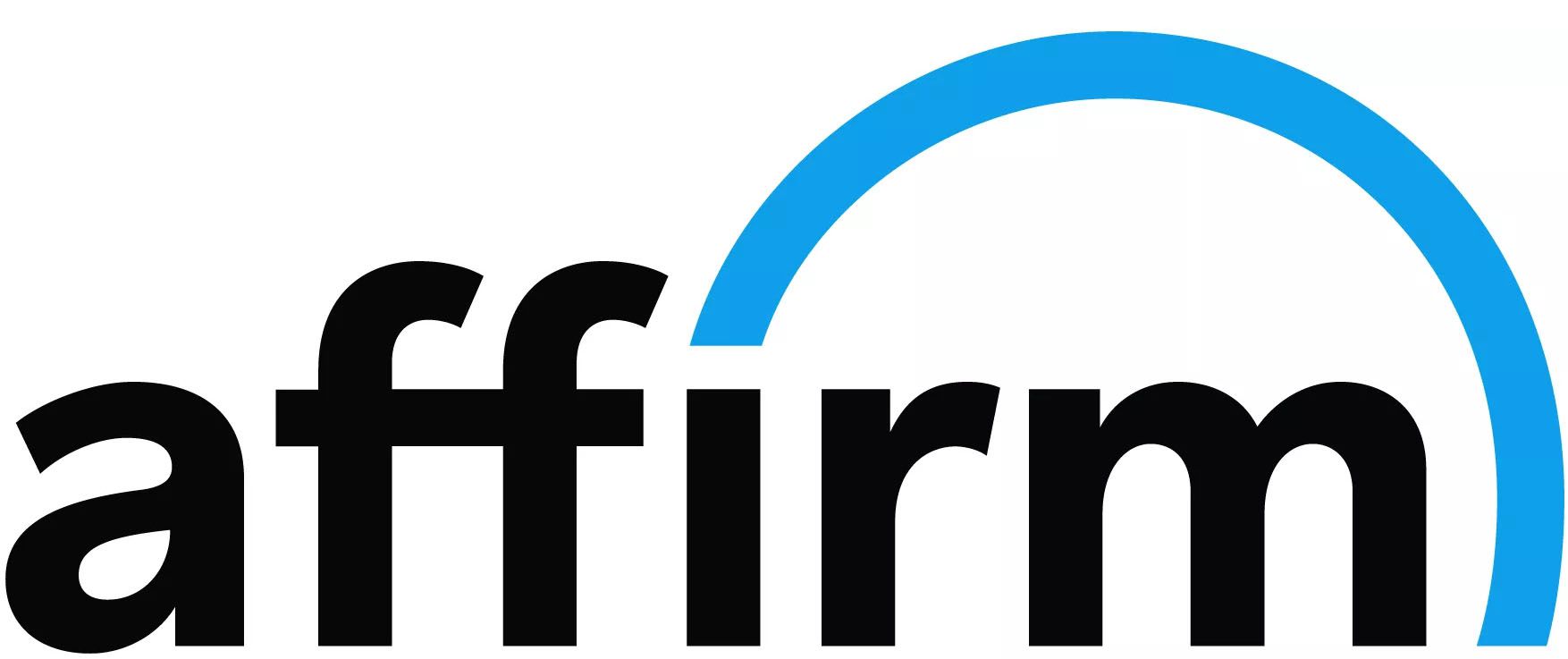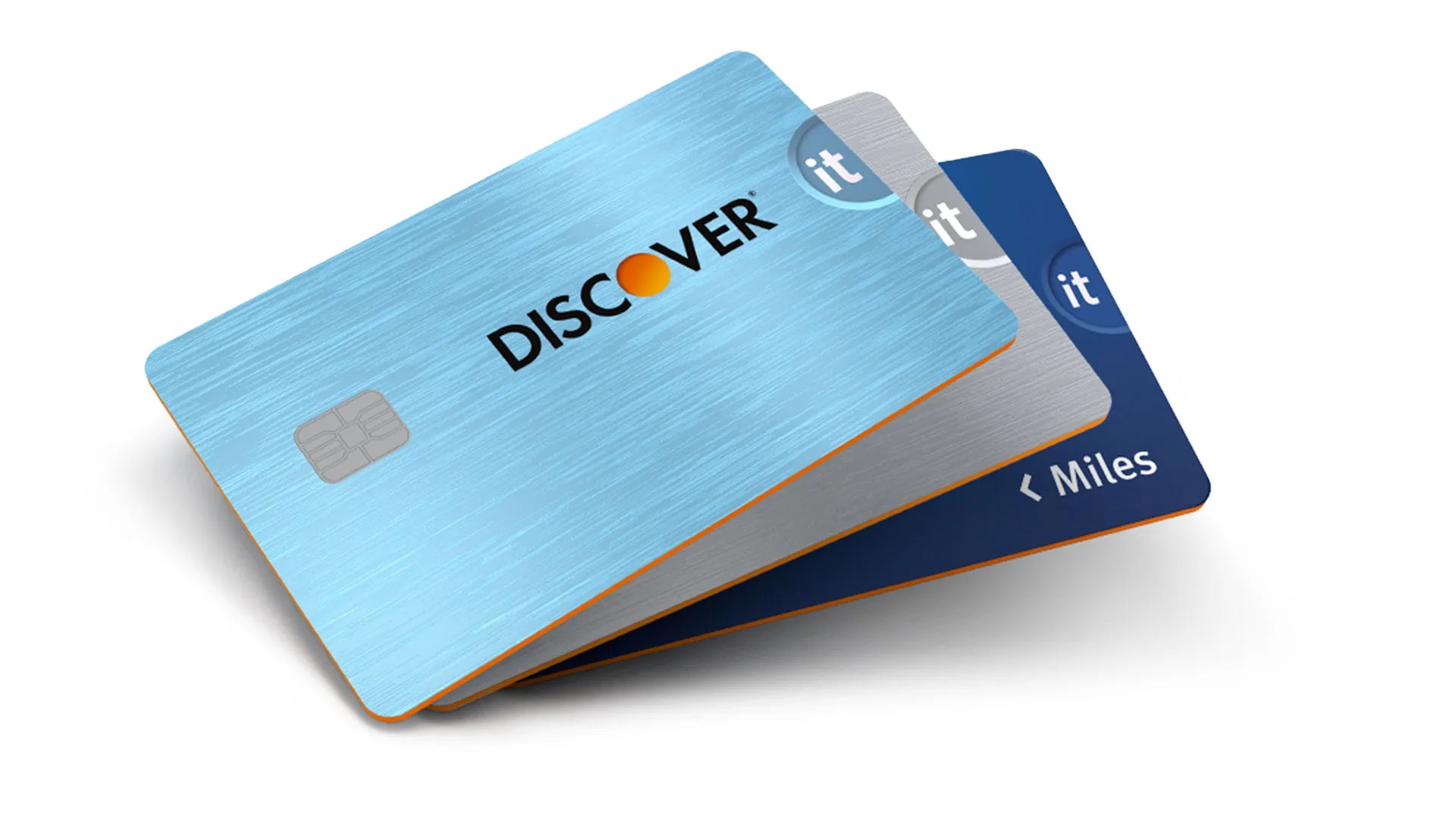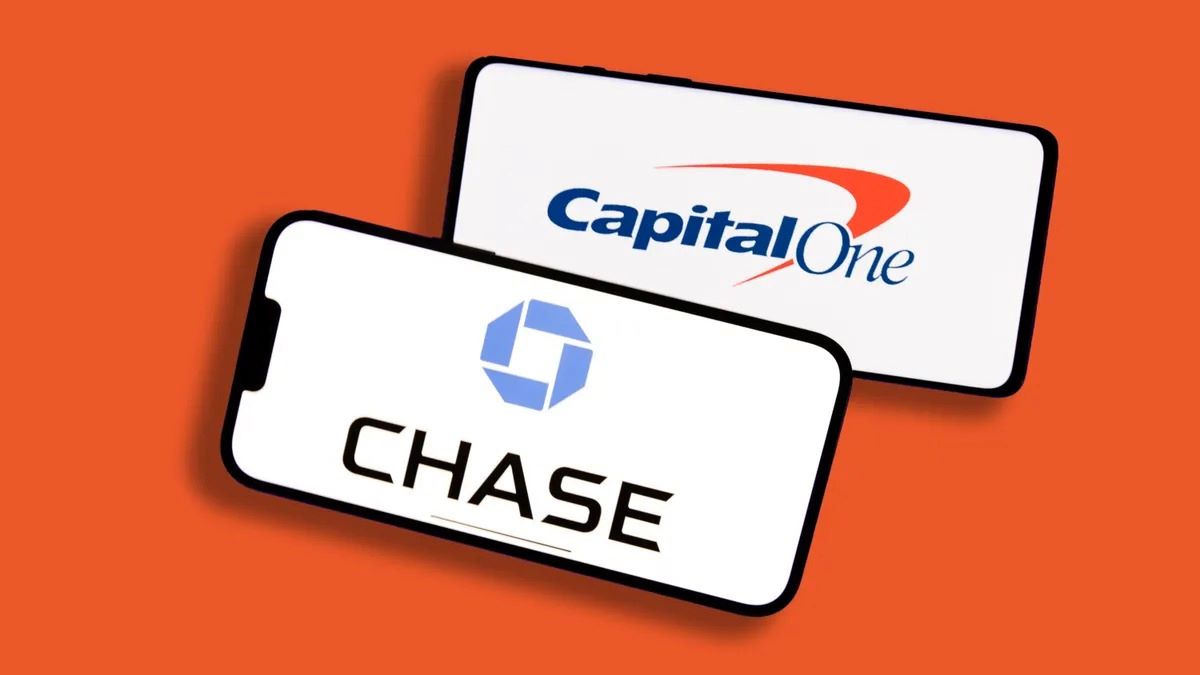

Finance
What Do You Need To Get Business Loan
Modified: February 21, 2024
Looking to secure a business loan? Find out what you need to know about financing options and how to get the funding you need for your business.
(Many of the links in this article redirect to a specific reviewed product. Your purchase of these products through affiliate links helps to generate commission for LiveWell, at no extra cost. Learn more)
Table of Contents
- Introduction
- Understanding Business Loans
- Types of Business Loans
- Eligibility Criteria for Business Loans
- Documents Required for Business Loan
- How to Apply for a Business Loan
- Factors to Consider Before Applying for a Business Loan
- Benefits of Getting a Business Loan
- Risks and Challenges of Getting a Business Loan
- Conclusion
Introduction
Starting or expanding a business often requires a significant amount of capital. However, not all entrepreneurs have the necessary funds readily available. This is where business loans come into play. A business loan is a financial arrangement that provides funds to entrepreneurs to help them finance their business ventures.
Business loans can be a valuable tool for small businesses and startups, allowing them to invest in equipment, hire employees, expand their operations, or meet their working capital needs. These loans can make a significant difference in the success and growth of a business.
Financing options for small businesses have evolved significantly over the years, with traditional banks, online lenders, and alternative financing options now available. Sourcing the right capital for your business is crucial, as it can determine the success and sustainability of your venture.
In this article, we will explore the various aspects of business loans, including the types of loans available, the eligibility criteria, the required documentation, the application process, and the benefits and risks associated with obtaining a business loan. This comprehensive guide will equip you with the knowledge and understanding you need to make informed decisions when it comes to financing your business.
Understanding Business Loans
Business loans are a type of financing designed specifically for business purposes. They allow entrepreneurs to access the capital they need to start, grow, or maintain their businesses. Whether you’re a sole proprietor, a partnership, or a corporation, business loans can offer the financial assistance you need to achieve your goals.
Business loans come in different forms and can be used for a variety of purposes. Some common uses of business loans include:
- Starting a new business: If you have a brilliant business idea but lack the funds to bring it to life, a startup loan can provide the necessary capital to turn your dreams into reality.
- Expanding your business: If your business is growing and you need to invest in additional resources, such as equipment, inventory, or hiring more staff, an expansion loan can help fund these growth initiatives.
- Managing cash flow: Cash flow is vital to the success of any business. A short-term loan or a line of credit can help you bridge gaps in cash flow and ensure your business operations run smoothly.
- Purchasing assets: Whether it’s buying new equipment, vehicles, or property, a business loan can provide the financing needed to acquire these assets without depleting your working capital.
Business loans come with different terms and conditions, including interest rates, repayment schedules, and collateral requirements. It’s crucial to understand these terms and choose the loan option that best suits your business needs and financial capabilities.
By securing a business loan, you gain access to the necessary funds without diluting your ownership or seeking investors. Instead, you repay the borrowed amount, along with any interest, over a set period of time.
It’s important to note that business loans are different from personal loans and should be treated as such. Business loans are typically based on the financial performance and potential of the business rather than the personal credit history of the entrepreneur. However, in the case of smaller businesses or startups, personal credit history may be taken into consideration, especially if the business has limited credit history.
Understanding business loans is essential for any entrepreneur looking to secure financing for their venture. In the following sections, we will delve deeper into the different types of business loans, the eligibility criteria, the required documentation, the application process, and other factors to consider before applying for a business loan.
Types of Business Loans
When it comes to business loans, there are various types available to suit different business needs and circumstances. Understanding the different types of business loans will help you choose the most suitable option for your specific requirements. Here are some common types of business loans:
- Term Loans: Term loans are a popular option for many businesses. They provide a lump sum of money that is repaid over a specific period of time, often with fixed monthly payments. Term loans can be used for various business purposes, such as purchasing equipment, expanding operations, or refinancing existing debt. These loans typically have a set interest rate and require collateral or a personal guarantee.
- SBA Loans: Small Business Administration (SBA) loans are partially guaranteed by the U.S. Small Business Administration. These loans are offered by participating lenders and can be used for a range of business purposes, including working capital, purchasing real estate, or funding expansion. SBA loans generally have lower interest rates and longer repayment terms compared to traditional term loans.
- Business Lines of Credit: A business line of credit provides businesses with a revolving credit line that can be accessed whenever needed. It works like a credit card, allowing you to borrow up to a predetermined limit. Interest is only charged on the amount you borrow and can be used for various short-term funding needs, such as managing cash flow or covering unexpected expenses.
- Equipment Financing: Equipment financing is specifically designed to help businesses purchase or lease equipment. This type of loan uses the equipment being financed as collateral, making it easier to obtain compared to other types of loans. Businesses can finance a wide range of equipment, including machinery, vehicles, computers, and more.
- Invoice Financing: Invoice financing, also known as accounts receivable financing or factoring, allows businesses to access funds by selling their outstanding invoices to a third-party financier. This type of financing can be beneficial for businesses that have outstanding invoices with customers who are slow to pay. Invoice financing helps improve cash flow by providing immediate access to a percentage of the invoice amount, while the financier collects the full payment from the customer.
These are just a few examples of the many types of business loans available. It’s important to research and understand the specific terms, eligibility criteria, and repayment terms for each type of loan before making a decision. Consulting with a financial advisor or a lending institution can also help you navigate the different loan options and choose the most suitable one for your business.
Eligibility Criteria for Business Loans
Before applying for a business loan, it is important to understand the eligibility criteria set by lenders. Meeting these criteria will increase your chances of approval and help you secure the financing you need. While the specific requirements may vary among lenders, here are some common eligibility criteria for business loans:
- Credit Score: Lenders often consider the credit score of the business and its owners when evaluating loan applications. A higher credit score demonstrates a history of responsible borrowing and increases your chances of approval. However, some lenders may be more lenient, especially for startups or businesses with limited credit history.
- Business Age: The age of your business is an important factor for lenders. Most lenders prefer businesses that have been operating for a minimum of two years. However, there are options available for startups and newer businesses, such as microloans or loans specifically designed for early-stage businesses.
- Financial Statements: Lenders will typically request financial statements, including profit and loss statements, cash flow statements, and balance sheets. These documents provide a snapshot of your business’s financial health and help lenders assess its stability and ability to repay the loan.
- Business Revenue: Your business’s revenue and cash flow are crucial factors in determining loan eligibility. Lenders want to ensure that your business generates enough revenue to cover loan repayments. They may request bank statements or tax returns to evaluate your business’s financial performance.
- Collateral: Some lenders may require collateral to secure the loan. Collateral can be in the form of property, equipment, inventory, or even personal assets. Offering collateral reduces the lender’s risk and improves your chances of securing a loan, especially if your credit score or financial statements are not strong.
- Industry and Business Plan: Lenders often consider the industry in which your business operates and the viability of your business plan. They want to ensure that your business has a strong market presence and a well-thought-out plan for success.
Keep in mind that these are general eligibility criteria, and each lender may have specific requirements based on their lending policies. It’s important to research different lenders and understand their specific criteria before applying for a loan. Additionally, improving your credit score, maintaining accurate financial records, and presenting a solid business plan can significantly increase your eligibility for a business loan.
By meeting the eligibility criteria and presenting a strong loan application, you can increase your chances of securing the business loan you need to fuel your business’s growth and success.
Documents Required for Business Loan
When applying for a business loan, you will need to provide certain documents to support your loan application. These documents serve as proof of your business’s financial health and support the information provided in your application. The specific documents required may vary depending on the lender and the type of loan you are applying for, but here are some common documents typically requested for a business loan:
- Business Plan: A comprehensive business plan outlines your company’s mission, vision, and strategic goals. It includes details about your target market, competition, operations, and financial projections. The business plan helps lenders evaluate the viability and potential of your business.
- Financial Statements: Lenders require up-to-date financial statements to assess your business’s financial health. These typically include income statements, balance sheets, and cash flow statements. Financial statements provide insights into your business’s revenue, expenses, assets, and liabilities.
- Tax Returns: Providing copies of your business’s tax returns is essential for verifying your income and tax obligations. Lenders may request both personal and business tax returns for the past few years to evaluate your financial stability.
- Bank Statements: Bank statements provide a detailed record of your business’s financial transactions. Lenders may request several months’ worth of bank statements to assess your cash flow, income, and expenses. These statements help them understand your business’s financial capabilities and repayment capacity.
- Legal Documents: Lenders may require various legal documents, such as your business’s registration documents, licenses, permits, and partnership agreements. These documents validate your business’s legal existence and ensure compliance with the law.
- Collateral Documents: If your loan requires collateral, you will need to provide documentation for the pledged assets. This may include property deeds, vehicle titles, or equipment ownership documents. Collateral documents provide proof of ownership and enable lenders to secure the loan against the pledged assets.
- Personal Identification: Lenders may request personal identification documents, such as driver’s licenses, passports, or social security cards, to verify your identity and ensure compliance with anti-money laundering regulations.
These are some of the common documents requested for a business loan application. However, it’s important to remember that each lender may have specific document requirements based on their lending policies and the type of loan you are applying for. It’s advisable to contact the lender or consult their website to obtain a comprehensive list of the documents they require.
Gathering and organizing these documents in advance can streamline the loan application process and improve your chances of approval. Ensure that all documents are accurate, up-to-date, and reflect the current financial state of your business.
By providing the required documents, you demonstrate your business’s financial stability and increase the lender’s confidence in your ability to repay the loan, increasing your chances of securing the much-needed financing for your business.
How to Apply for a Business Loan
Applying for a business loan can seem daunting, but with proper preparation and organization, the process can be smooth and successful. Here are the steps to follow when applying for a business loan:
- Identify Your Loan Needs: Determine the specific purpose and amount of funds you require for your business. This will help you choose the right type of loan and lender that aligns with your needs.
- Research Lenders: Research and compare different lenders to find the one that offers the best terms, interest rates, and loan packages. Consider factors such as their reputation, loan eligibility criteria, customer reviews, and the types of loans they specialize in.
- Gather Required Documents: Collect all the necessary documents mentioned in the previous section, such as financial statements, tax returns, bank statements, and legal documents. Ensure that the documents are accurate, up-to-date, and organized for easy submission.
- Prepare a Loan Proposal: Craft a comprehensive loan proposal that highlights key information about your business, including its history, financial performance, market analysis, and growth plans. The loan proposal should outline how the loan will be used and how it will benefit your business.
- Fill Out the Loan Application: Complete the loan application provided by the lender. Be thorough and provide accurate information to avoid delays or complications. Double-check the application for any errors or missing details.
- Submit the Application and Documents: Submit your loan application along with the required documents to the lender. Some lenders may offer the option to apply online, while others may require you to visit a physical branch. Follow the instructions provided by the lender to ensure a smooth submission process.
- Prepare for the Evaluation Process: Once you submit your application, the lender will evaluate your loan proposal, financial documents, and credit history. They may request additional information or clarification during this process, so be prepared to provide timely responses.
- Review the Loan Offer: If your loan application is approved, the lender will present you with a loan offer. Review the terms and conditions, including the interest rate, repayment schedule, and any fees associated with the loan. Make sure you fully understand the terms before accepting the offer.
- Close the Loan: If you accept the loan offer, you will need to complete the necessary paperwork to finalize the loan. This may involve signing loan agreements, providing additional collateral documents, or fulfilling any remaining requirements as specified by the lender.
- Manage Loan Repayments: Once the loan is disbursed, it is important to manage your loan repayments responsibly. Set up a payment schedule and ensure timely payments to maintain a positive relationship with the lender and protect your credit score.
Remember, the loan application process can vary depending on the lender and the type of loan you are applying for. It’s important to stay organized, follow the guidelines provided by the lender, and seek guidance from financial advisors or business mentors if needed.
By carefully preparing and submitting a strong loan application, you increase your chances of securing the funding necessary to support and grow your business.
Factors to Consider Before Applying for a Business Loan
Before applying for a business loan, it’s crucial to evaluate various factors to determine if taking on debt is the right decision for your business. Here are some key factors to consider before applying for a business loan:
- Loan Purpose: Clearly identify the purpose of the loan and how it aligns with your business goals. Assess whether the loan will generate enough return on investment to cover the cost of borrowing.
- Financial Status: Review your business’s financial position, including cash flow, revenue, and profitability. Evaluate if your business can sustain the loan repayment and if the loan will truly benefit your financial situation.
- Repayment Ability: Determine your ability to repay the loan by assessing your cash flow and creating a realistic budget. Consider any potential changes in income, expenses, or market conditions that could affect your ability to meet repayment obligations.
- Interest Rates and Fees: Carefully review the interest rates and fees associated with the loan. Compare rates among different lenders and calculate the overall cost of borrowing to ensure it fits within your budget and financial plan.
- Loan Terms: Understand the terms of the loan, including the repayment period and any specific conditions. Longer repayment periods may result in lower monthly payments but can increase the overall cost of the loan. Evaluate if the loan terms align with your business’s financial goals.
- Alternative Funding Options: Consider alternative funding options, such as grants, crowdfunding, or investor funding. These options may offer different terms and conditions that could be more favorable for your business.
- Business Plan: Ensure your business plan is comprehensive and well-developed. A strong business plan can showcase your business’s potential and increase your chances of loan approval.
- Risk Assessment: Evaluate the potential risks associated with taking on debt. Consider the impact on your business if unforeseen circumstances arise, such as a decline in the market, increased competition, or changes in government regulations.
- Relationship with Lender: Research and choose a reputable lender with a track record of providing excellent customer service. Building a strong relationship with your lender can help you navigate any challenges that may arise during the loan process.
Taking the time to carefully consider these factors will enable you to make an informed decision about whether applying for a business loan is the right step for your business. It’s important to weigh the potential benefits against the risks and assess your ability to manage the financial obligations associated with the loan.
Consulting with financial advisors or business mentors can provide valuable insights and guidance as you evaluate these factors. Ultimately, by considering these key factors, you can make a well-informed decision that supports the financial health and growth of your business.
Benefits of Getting a Business Loan
Securing a business loan can provide numerous benefits to entrepreneurs and businesses. Here are some key advantages of obtaining a business loan:
- Access to Capital: One of the primary benefits of getting a business loan is the immediate access to capital it provides. This allows you to invest in your business, whether it’s for purchasing equipment, expanding operations, hiring employees, or managing cash flow.
- Business Growth: With the additional capital from a business loan, you can seize growth opportunities and expand your business. Whether it’s entering new markets, launching new products, or acquiring other businesses, a well-timed loan can fuel your business’s growth trajectory.
- Improved Cash Flow: Business loans can help solve short-term cash flow challenges. By securing a loan, you can cover expenses and bridge gaps in revenue, ensuring smooth operations and avoiding disruptions in your business.
- Ownership Retention: Unlike seeking investors or diluting ownership, a business loan allows you to retain full control and ownership of your business. You are not required to share profits or make decisions in consultation with other stakeholders.
- Building Credit History: Successfully repaying a business loan can improve your credit history and establish a positive relationship with lenders. This can open doors to more favorable loan terms and conditions in the future, enabling further growth and financial opportunities.
- Tax Benefits: In many cases, the interest paid on business loans is tax-deductible, reducing your taxable income. Consult with a tax professional to understand the specific tax benefits that may apply to your business loan.
- Flexibility: Business loans come in various forms, each designed to cater to different business needs. The flexibility of options allows you to choose the loan type that aligns with your specific requirements, whether it’s for working capital, equipment financing, or expansion purposes.
- Opportunity to Build Relationships: Building a relationship with a lender through a business loan can provide additional benefits beyond financing. Lenders often offer valuable resources, networking opportunities, and financial advice to help businesses thrive.
- Competitive Advantage: By utilizing a business loan strategically, you can gain a competitive advantage in your industry. Whether it’s investing in cutting-edge technology, hiring top talent, or expanding your product offerings, a well-funded business can outperform competitors.
It’s important to carefully consider these benefits in the context of your business goals and financial situation. While business loans offer numerous advantages, it’s essential to assess your ability to repay the loan and manage the associated financial obligations. A well-planned and executed loan can provide the necessary funds to propel your business forward and achieve long-term success.
Risks and Challenges of Getting a Business Loan
While obtaining a business loan can offer significant benefits, it is essential to be aware of the potential risks and challenges involved. Here are some key considerations:
- Debt Repayment: Taking on a business loan means committing to regular loan repayments. If your business experiences a downturn or faces unexpected challenges, meeting these obligations can become difficult, potentially leading to financial strain or even default on the loan.
- Interest and Fees: Business loans come with interest rates and fees that add to the cost of borrowing. It’s crucial to carefully review and understand these charges, as they can significantly impact your business’s profitability and cash flow.
- Limited Borrowing Capacity: Once you take on a business loan, it may reduce your borrowing capacity with other lenders. This can limit your access to additional financing options in the future, making it important to carefully assess your long-term financing needs.
- Collateral Requirements: Some business loans require collateral to secure the loan. This means you would need to pledge valuable assets, such as property or equipment. In the event of loan default, the lender may seize the collateral, potentially causing significant losses to your business.
- Impact on Cash Flow: Loan repayments can put a strain on your business’s cash flow. It’s crucial to account for these ongoing expenses when managing your budget to ensure you have sufficient funds to cover other essential operational costs.
- Market Conditions: Economic fluctuations or industry-specific challenges can impact your business’s ability to repay the loan. Changes in consumer behavior, competition, or regulatory conditions may affect the profitability and sustainability of your business.
- Risk of Overborrowing: Taking on excessive debt can burden your business with excessive repayment obligations, potentially hindering growth and long-term financial stability. It’s important to only borrow what is necessary and carefully assess your repayment capacity.
- Prepayment Penalties: Some business loans carry prepayment penalties if you choose to pay off the loan before the agreed-upon term. This can limit your flexibility and add additional costs if you seek to repay the loan early.
- Dependency on Lenders: Business loans create a dependency on lenders. Any change in the lender’s policies, interest rates, or financial stability can impact your loan terms. It’s important to maintain a positive relationship with the lender and be proactive in managing your loan.
While these risks and challenges exist, they can be minimized with careful planning, responsible borrowing, and diligent financial management. It’s important to assess these potential drawbacks against the potential benefits of securing a business loan and make informed decisions that align with your business’s financial goals and capabilities.
Consulting with financial advisors or seeking guidance from experienced business professionals can provide valuable insights and help you navigate these risks effectively, ensuring a successful and sustainable financial future for your business.
Conclusion
Business loans can be a valuable source of capital for entrepreneurs looking to start, expand, or sustain their businesses. Understanding the various types of loans, eligibility criteria, required documentation, and application process is essential in making informed decisions and maximizing the benefits of securing a business loan.
By carefully evaluating your business’s needs, financial situation, and long-term goals, you can determine whether taking on a business loan is the right choice. Consider the risks and challenges associated with borrowing, such as loan repayment obligations, interest rates, collateral requirements, and the impact on your cash flow.
However, it is also important to recognize the potential advantages of obtaining a business loan. Access to capital, opportunity for business growth, improved cash flow, tax benefits, and competitive advantage are among the benefits that a business loan can provide.
Before proceeding with a loan, thoroughly research and compare lenders, ensure you have all the required documents ready, and craft a strong loan proposal. Taking these steps will increase your chances of securing the loan on favorable terms and successfully fueling your business.
Ultimately, obtaining a business loan should be approached as a strategic decision that aligns with your business objectives and financial capabilities. By prudently managing the loan and diligently meeting the repayment obligations, you can harness the potential of business loans to propel your business forward and achieve long-term success.














